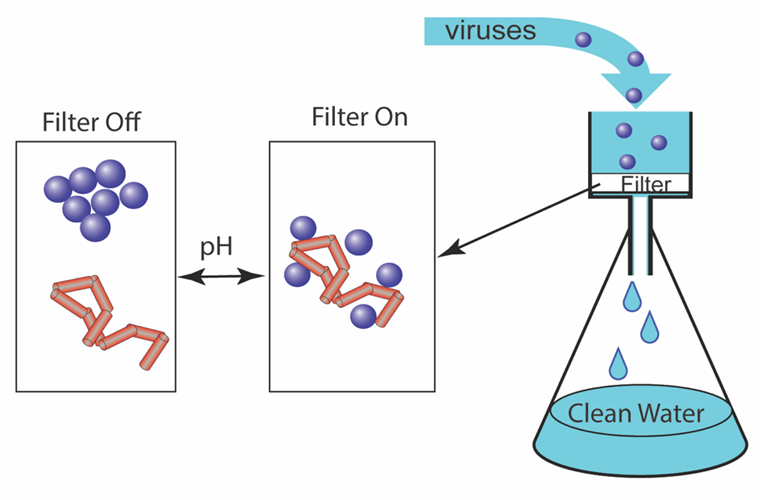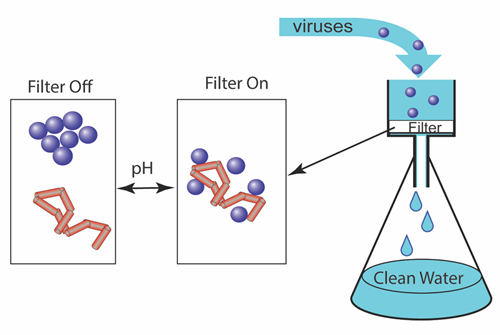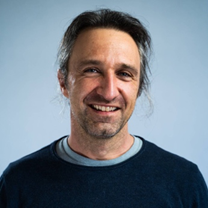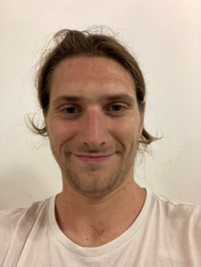pH-triggered interactions of viruses with nanocellulose for advanced filtration materials

Access to clean drinking water is one of the greatest global challenges today. Nanoscale viruses in water such as the enterovirus, norovirus or rotavirus are responsible for many water-borne infection outbreaks. These viruses are difficult to remove from water with common size exclusion filtration owing to their small size. Size exclusion filtration mostly filters bacteria out of the water, that are hundreds of times larger than these viruses. To remove the viruses, adsorption-based filtration methods are required. A novel adsorption-based virus filter material that can be regenerated, based on surface-modified cellulose, was recently developed under the supervision of Prof. Salentinig at the University of Fribourg, Switzerland in a collaboration with groups at Empa, Switzerland.
“The support from NFFA Europe has offered us the access to amazing state-of-the-art infrastructure to conduct this research.” says Salentinig.
“Our experiments at synchrotron facilities allowed to understand the interactions between virus particles and filter material, helping us design a filter that viruses stick to but that can also easily be regenerated.” says Samuel Watts, postdoc working on this project.
Small angle X-ray scattering (SAXS) measurements at the Austrian SAXS beamline at Elettra in Trieste, Italy, combined with confocal Raman and electron microscopy and biological evaluation studies revealed pH-dependent interactions between virus particles and cationically modified nanocellulose fibers. Based on these results, a filter material was engineered by converting the cationically modified nanocellulose into a paper-like structure with large contact area for viruses. A 27 nm bacteria virus called “MS2” was then used as model system to test the filter material. The novel filter material was found to adsorb nanoscale viruses and filter them out of water with an efficiency of up to 99.9% at common pH values above 5; and can be regenerated by simply changing the solution's pH to acidic conditions, around pH 3 (see Figure 1). The possibility of cleaning the filter in case of fouling by simple acid baths with no need for expensive and/or toxic chemicals, hence increasing the sustainability of the filtration process. The released virus particles are still biologically active indicating that the filter would also allow to concentrate viruses from large water volume to the smaller washing volume. Further studies such as the optimization of the filter material for the filtration of large volumes are necessary to bring the technology forward, some of which are currently on their way.

Figure 1: The filtration set up used to test virus removal with the cationically modified cellulose filter.
Austrian SAXS beamline at Elettra, Trieste

Prof. Dr. Stefan Salentinig
Stefan Salentinig is a full professor in physical chemistry at the University of Fribourg, Switzerland where he heads the Biocolloids lab. His research focuses on bio-inspired nanomaterials for food and health applications. He holds a Ph.D. in physical chemistry from the University of Graz, Austria from 2010. He then moved to Australia to work on materials engineering for separation technology at CSIRO in Newcastle, later on nanoscale food and drug delivery systems at Monash University in Melbourne until 2015. He then joined the Swiss Federal Labs as a group leader on functional health materials, before starting his current role in Fribourg in 2019.

Dr. Samuel Watts
Samuel Watts is a post-doctoral researcher in the Biocolloids lab at the University of Fribourg, Switzerland, working on antibacterial and antiviral materials. He studied chemistry and bioengineering at EPFL, Switzerland. Following his Ph.D. in the Swiss Federal Labs on virus colloidal interactions of improving water treatment and disinfection processes, for which, he graduated in 2021 from the Department of Health Science of ETH Zurich, Switzerland.

